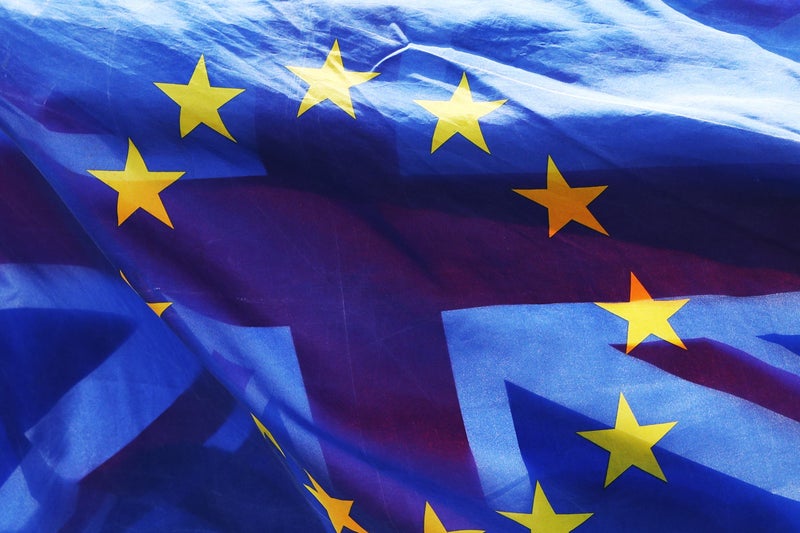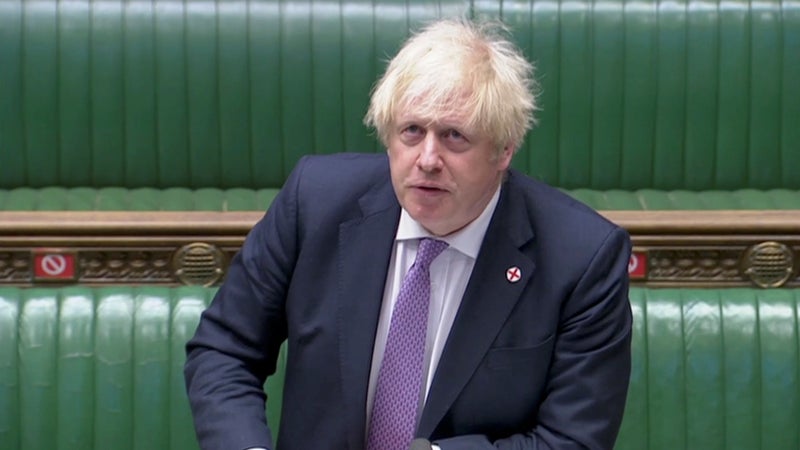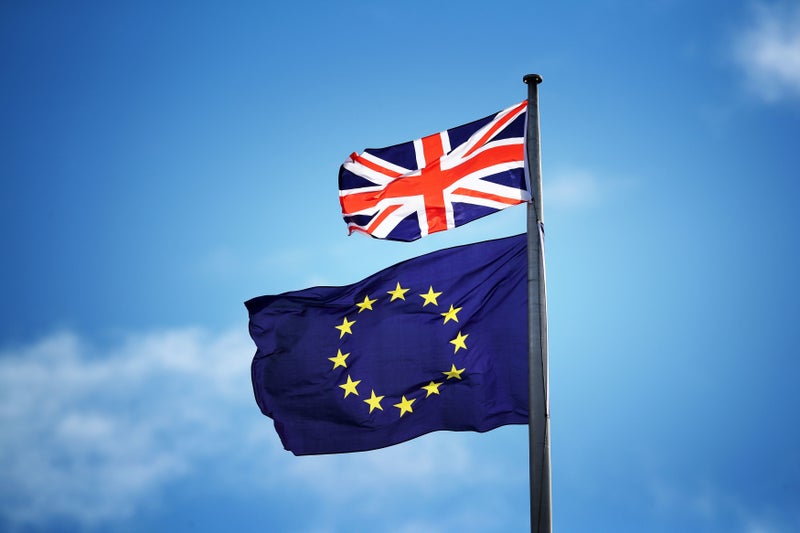Five years after Brexit, the UK is grappling with economic challenges, trade barriers, and rising public regret, sparking debates on whether closer ties with the EU should be rebuilt. As the UK continues to reckon with the aftermath of Brexit, debates over its long-term impact remain heated. While some argue that leaving the EU was a necessary step for sovereignty and regaining control over borders, many feel that the economic and social consequences have been overwhelmingly negative.
Five years post-Brexit, critics argue the country faces rising costs, trade barriers, and a weakened international standing, with businesses struggling due to additional paperwork and lost access to EU markets. Economic growth has slowed, and many industries, such as finance, have seen job losses and relocations to Europe. Immigration has surged, contradicting promises of reduced movement. When we asked for your views recently, many expressed regret over the decision, citing the loss of freedoms, opportunities for young people, and access to European services.
The lack of tangible benefits even led some to call for a reconsideration of the decision, while others still maintain that distancing from the EU was essential for the UK's future independence. Here’s what you had to say:. I have tried very hard to see any benefits of our decision to leave the EU.At every turn it has made our relationship with our biggest trading partner more complicated and costly with little or no reciprocal benefits.I have not been able to identify any piece of EU regulation or law that anyone can show was holding us back or was imposed upon us.
The disinformation and lack of understanding of how the EU functions is huge.The EU parliament is an elected body. It does not enforce laws in member countries; only the council of ministers can agree on laws and rule changes, and then each state parliament has to individually agree. So how this was a lack of sovereignty, I fail to see. We are definitely worse off. I say tell the EU we made a mistake and ask if we can rejoin.
EddieM. Had it not been for Brexit, my wife and I would not have become French citizens. We moved here to Brittany in 2001. Since then, every return trip to family in the UK seems to be more expensive than the one before. OK, prices are up in France too, but we have a better life now than when we lived in Orpington, SE London. Not least in health care, a consideration that grows steadily as we grow older.
oldnuff. History is the answer, they still hold the memories of being beaten in war by England and then Britain. Even when we were members, they didn't like us, so now this is shown even more. My opinion is, we stop international aid that earns nothing back and build our security above everything else, rigorously defend our fisheries and all our assets. Accept friendship and nurture Australia, New Zealand, and Canada, they have been our allies even after the Empire. Trade evenly with any willing partners and try to find alternatives to the EU. Australian and South American wines are good, why use European?.
Martyn. It was definitely worth it for Ireland, thank you very much. We took over a quarter of companies relocating due to Brexit (125), with France and Luxembourg also taking around 100 each. In June, London will lose Euro Clearing, which supports 80,000 well-paid jobs. We have also been able to ban bee-killing pesticides and agree on an EU-wide finance scheme for Covid recovery. Britain would have vetoed both, as well as the tax transparency rules. Britain even vetoed the EU proposal to prevent China from dumping steel in Britain. So yes, we in the EU are very grateful for Brit's jingoistic stupidity.
You are now the lapdog of Trump. State visits, rolling out the royal family, and plenty of flattery. For whatever scraps of trade you can get. Damo75. I'd like to retire to Portugal, but without a visa I can only stay a maximum of 90 days. The cost of flights and travel each time I go is prohibitive. Also, without the funds in the bank required for a visa, I can never get one. It seems to me that the Brexit mantra of 'regaining control of our borders' has failed. As far as I can tell, we can't stop the tide of immigration to this country (nor should we, since there is a net gain to our economy). Brexit seems to have had precisely the opposite effect, that is, to prevent emigration. Maybe that was the plan all along...
Brexit was poorly defined in its intentions, expressed as simply being AGAINST EU membership. Not FOR anything tangible. So it's hard to assess. But the implicit objectives (reducing migration, deregulation, and prioritizing America or Asia) and the approach used to achieve them (nationalist rhetoric, bellicosity etc.) were not relevant or appropriate to addressing the UK's main problems. Our main problems were not compromised sovereignty or EU vassal status.
After almost a decade, the benefits of Brexit are almost non-existent, hard to measure, and difficult to perceive. But the costs are enormous for the country's economy, society, and international standing, as well as in every single sector of activity (including fishing, farming, and finance). Not to mention the many families and individuals affected whose lives have been constrained and their rights severely curtailed.































